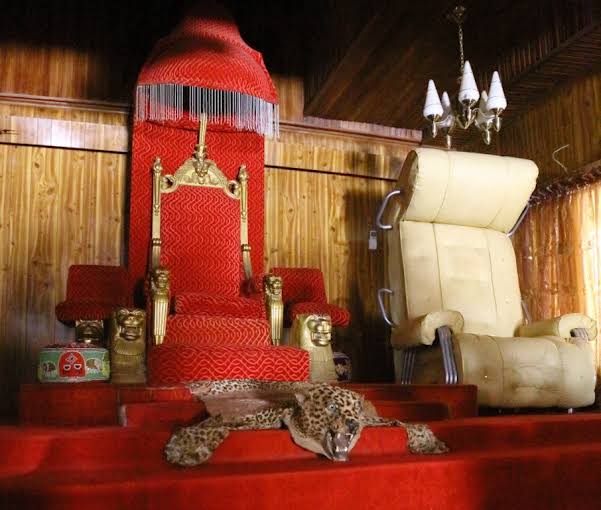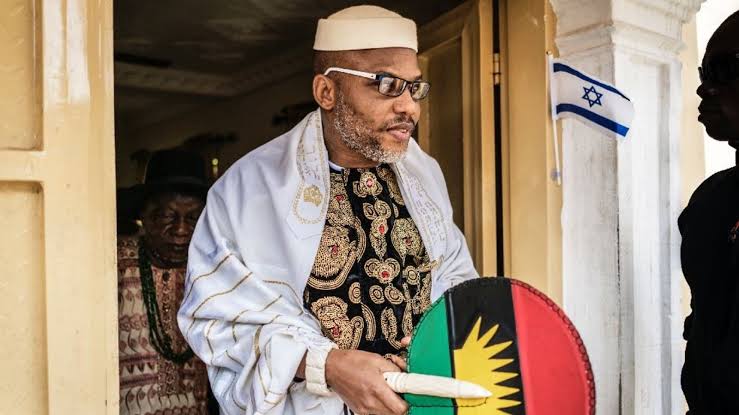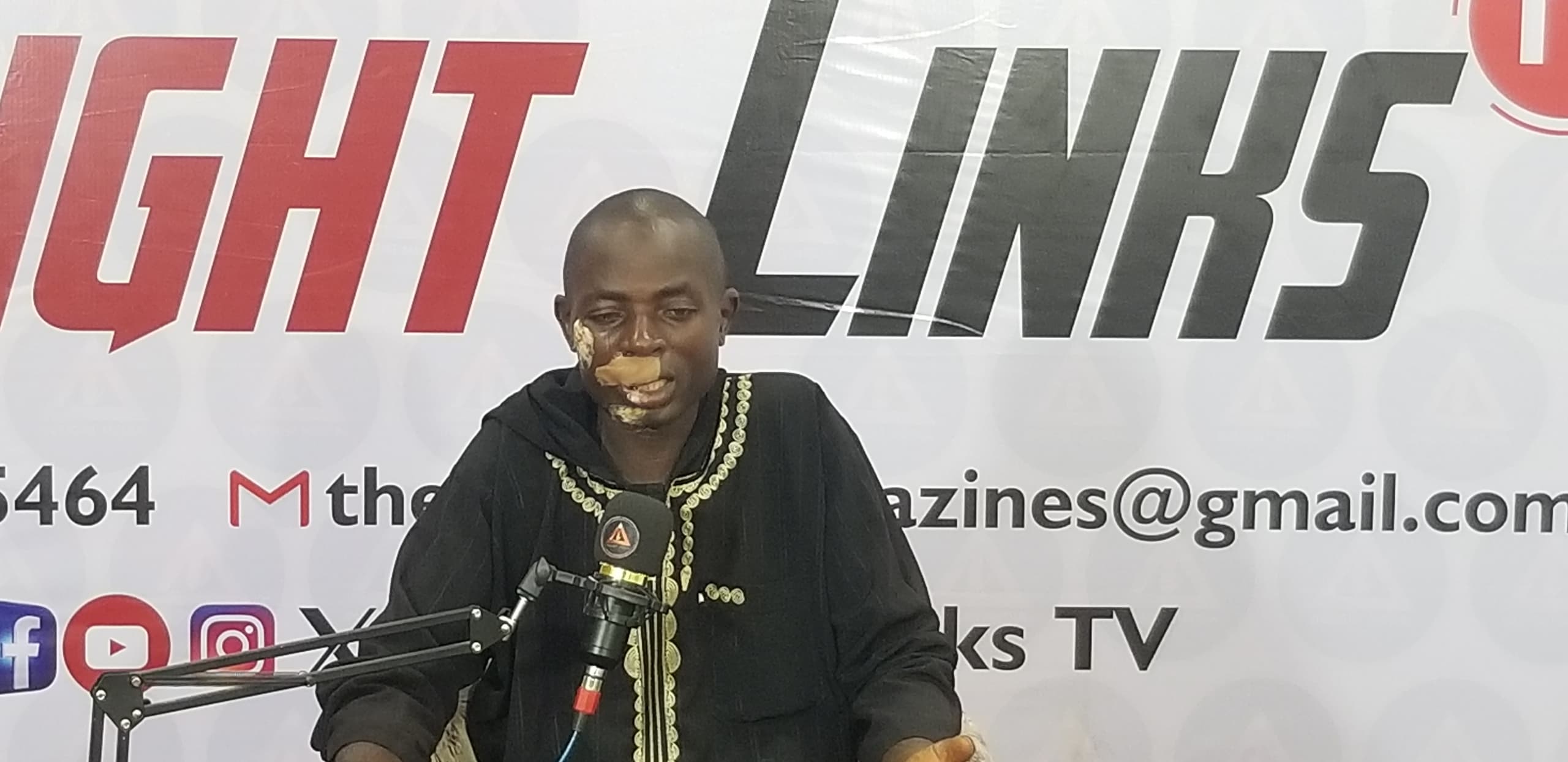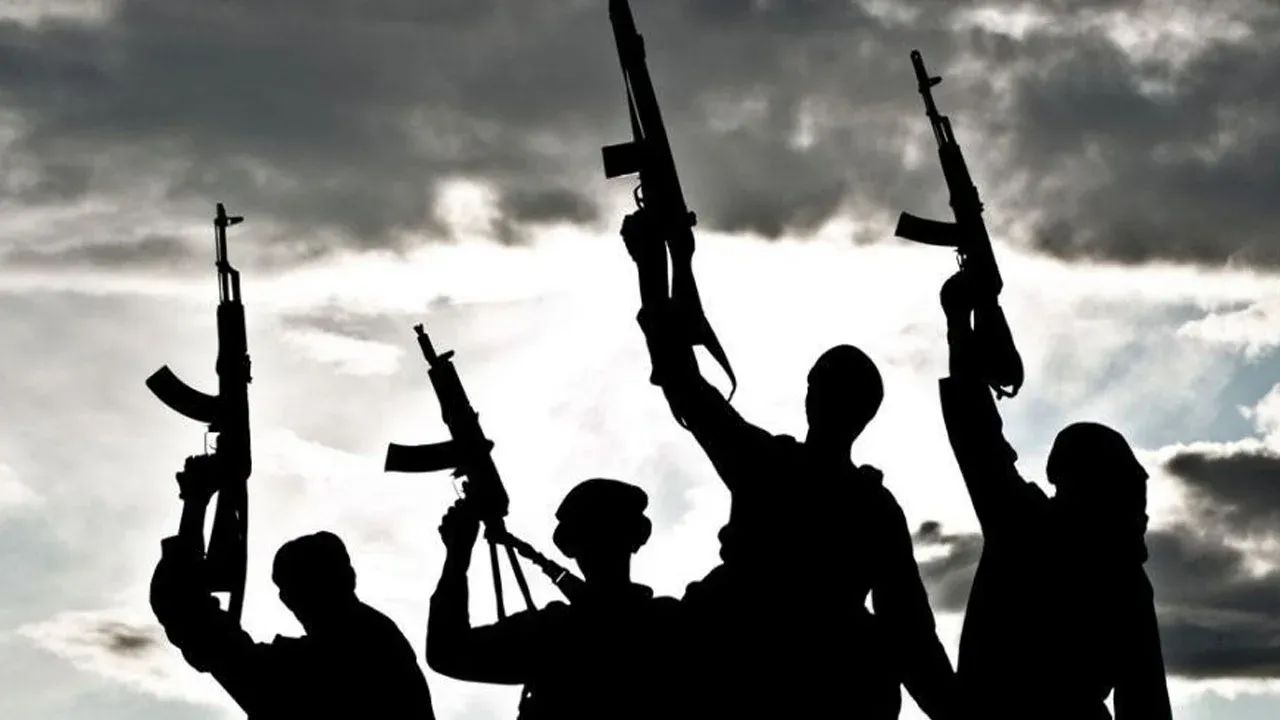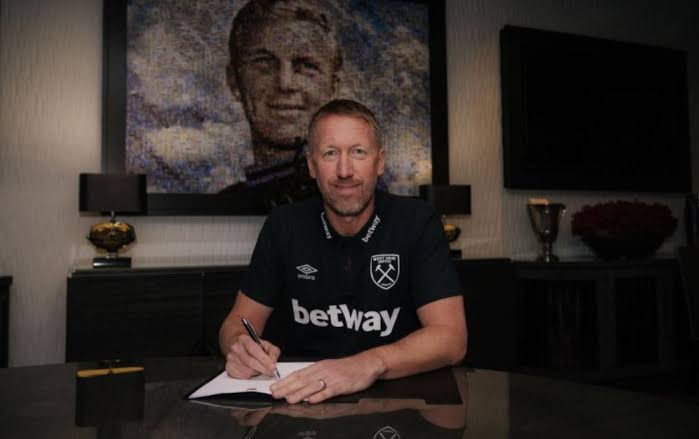The Independent National Electoral Commission (INEC) says it will hold a post-elections review for the just-concluded 2023 polls from July 4 to August 5, 2023.
In a statement on Thursday by the commission’s spokesman, Festus Okoye, the electoral umpire said the review will commence with a meeting of the Resident Electoral Commissioners (RECs) and end with the commission’s retreat.
The commission has been holding these review meetings after every general elections since 2011.
According to the electoral umpire, the review will focus on all aspects of the electoral activities before, during and after the elections.
Presidential election was conducted on February 25, 2023 and INEC declared the All Progressives Congress (APC) candidate, Bola Tinubu as the winner of the poll but two main challengers — Peter Obi of the Labour Party (LP) and Atiku Abubakar of the Peoples Democratic Party (PDP) are presently in court to challenge the declaration by INEC, alleging various electoral malpractices, voters’ suppression, violence, the supposed inefficiency of the Bimodal Voter Accreditation System (BVAS) and INEC Result Viewing Portal (IREV) as well as insisting that the poll was not free and fair.
Aside from the presidential poll, INEC conducted National Assembly elections for both lower and upper chambers. The electoral umpire also conducted governorship elections in 28 states with regular election cycles. The APC won in 16 states, the PDP in 10, the LP in one while the New Nigeria Peoples Party (NNPP) won a state. Some governorship election results are currently also being challenged at Tribunals in states.
The general elections weren’t without some drama and visible misconduct by some top INEC officials including the case of a suspended REC in Adamawa State, Hudu Yunusa-Ari, who attracted rebuke from the commission and scathing criticisms from Nigerians for improper and unconstitutional actions during the supplementary elections in Adamawa State.
INEC said it will review the lessons from the general elections and chart a way forward.
“The review will involve the Commission’s officials at National and State levels as well as stakeholders with a view to learning lessons and charting the way forward,” INEC stated.
“At State level, the internal review will involve the Commission’s regular and ad hoc staff, including RECs, the 774 Electoral Officers, Heads of Departments, Administrative Secretaries as well as some Presiding Officers and Collation/Returning Officers.
“The external engagement will involve critical stakeholders such as political parties, security agencies, election observers, the media and service providers such as transporters that facilitated the movement of personnel and materials for the election.”
Aside from the presidential poll, INEC conducted National Assembly elections for both lower and upper chambers. The electoral umpire also conducted governorship elections in 28 states with regular election cycles. The APC won in 16 states, the PDP in 10, the LP in one while the New Nigeria Peoples Party (NNPP) won a state. Some governorship election results are currently also being challenged at Tribunals in states.
The general elections weren’t without some drama and visible misconduct by some top INEC officials including the case of a suspended REC in Adamawa State, Hudu Yunusa-Ari, who attracted rebuke from the commission and scathing criticisms from Nigerians for improper and unconstitutional actions during the supplementary elections in Adamawa State.
INEC said it will review the lessons from the general elections and chart a way forward.
“The review will involve the Commission’s officials at National and State levels as well as stakeholders with a view to learning lessons and charting the way forward,” INEC stated.
“At State level, the internal review will involve the Commission’s regular and ad hoc staff, including RECs, the 774 Electoral Officers, Heads of Departments, Administrative Secretaries as well as some Presiding Officers and Collation/Returning Officers.
“The external engagement will involve critical stakeholders such as political parties, security agencies, election observers, the media and service providers such as transporters that facilitated the movement of personnel and materials for the election.”
Channels TV


